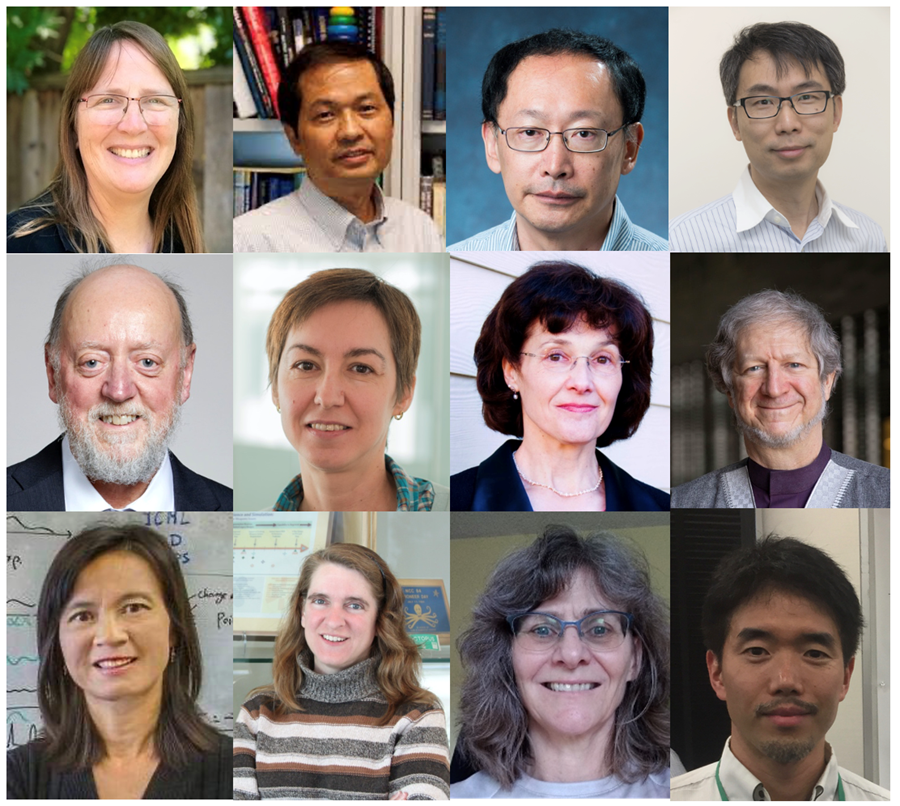
Today, science and industry have more data than ever for forecasting the weather, modeling economic processes and understanding disease. But traditional approaches to computing are too clumsy to handle these huge amounts of data; simply adding more processors is insufficient.
For this reason, experts in mathematics and computer science have taken the lead in developing "scalable solvers" that are able to handle the integration of algorithms for a wide variety of applications-architectures combination.
The 2021 Spring Lecture Series, sponsored by the U of A Fulbright College of Arts and Sciences Department of Mathematical Sciences, centered on this vital topic. Following a series of five lectures from David Keyes, professor of applied mathematics and computational science and director of the Extreme Computing Research Center at KAUST, 10 guests from leading universities and government agencies in the U.S., France and Japan also gave presentations.
In addition to these scholarly lectures, the conference included a program for the general public on the ways in which mathematics contributes to the development of high-performance computing.
More than 200 individuals from all over the globe participated in the virtual conference. Now video recordings of the key events, including the public lecture, are now freely available in the U of A repository ScholarWorks, at https://scholarworks.uark.edu/mascsls/.
"As numerical linear algebra is facing new types of problems that arise from data sciences, it is becoming increasingly clear that we need to adapt techniques developed in the past few decades to the new demands that are currently emerging. The next 2022 Spring Lecture Series is going to be on the topic 'numerical linear algebra: from scientific computing to data science applications.' We are very excited that Yousef Saad, Distinguished Professor of Computer Science in the Department of Computer Science and Engineering at the University of Minnesota, has agreed to serve as the principal speaker for the 47th University of Arkansas Spring Lecture Series to present the fundamental ideas of numerical linear algebra with an emphasis on those methods that have the potential to play an important role in data science," said Tulin Kaman, assistant professor and Lawrence Jesser Toll Jr. Endowed Chair of Mathematical Sciences and the organizer of 2021/2022 Spring Lecture Series.
Kaman said the lecture series has evolved into a welcoming forum where junior and highly-regarded researchers alike can exchange ideas for cracking today's most challenging problems in mathematics and computer science.
In order to prepare faculty and students to fully participate in the 2022 conference on applications for numerical linear algebra, the Department of Mathematics, in collaboration with AWM/SIAM (Association for Women in Mathematics/ Society for Industrial and Applied Mathematics), is offering tutorials on the programming language Python and other activities.
More information about the 2022 lecture series is available on the Mathematical Sciences website.
Topics
Contacts
Tulin Kaman, assistant professor, Lawrence Jesser Toll Jr. Endowed Chair
Mathematical Sciences
479-263-7964, tkaman@uark.edu
Melody Herr, head of the Office of Scholarly Communications
University Libraries
479-575-4233, herr@uark.edu